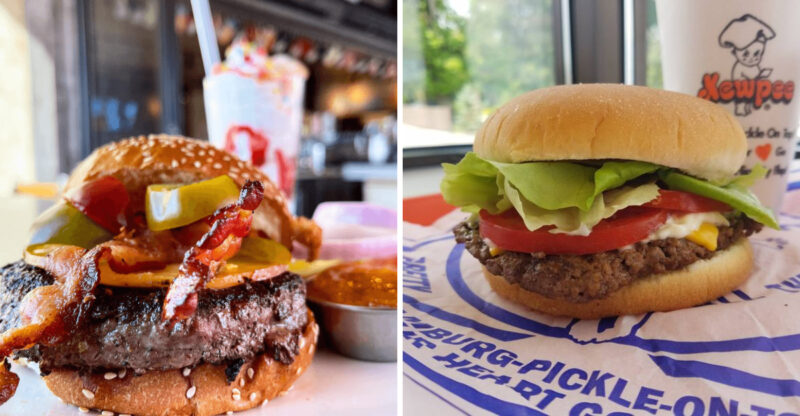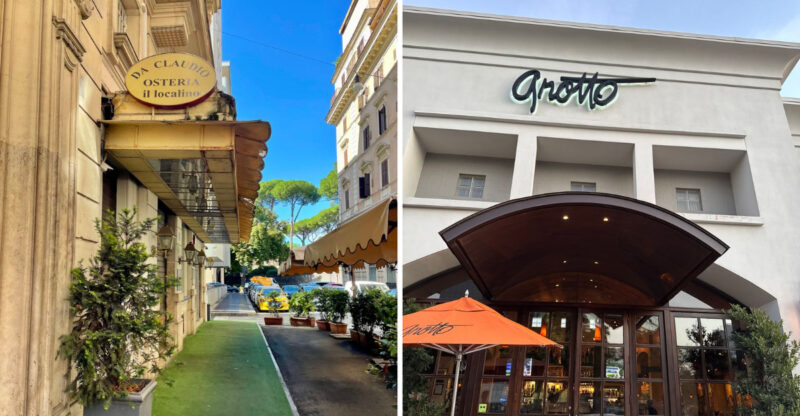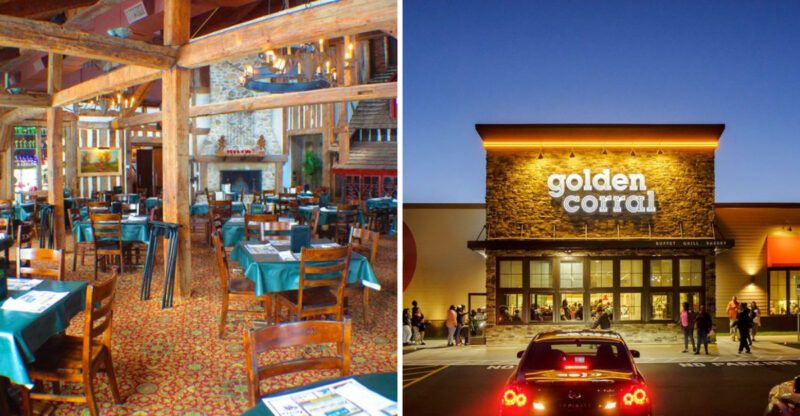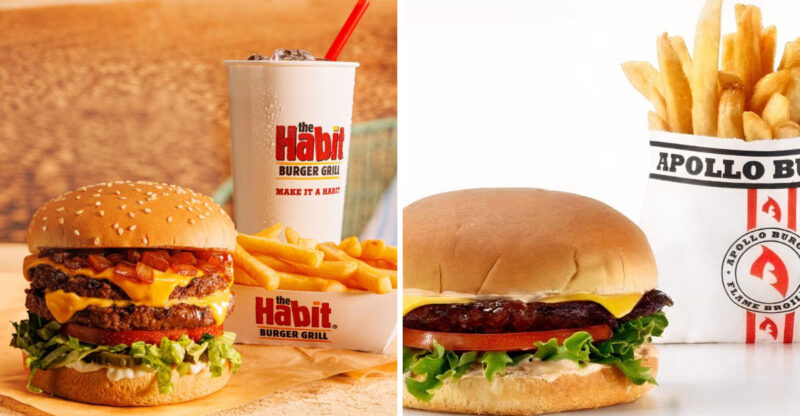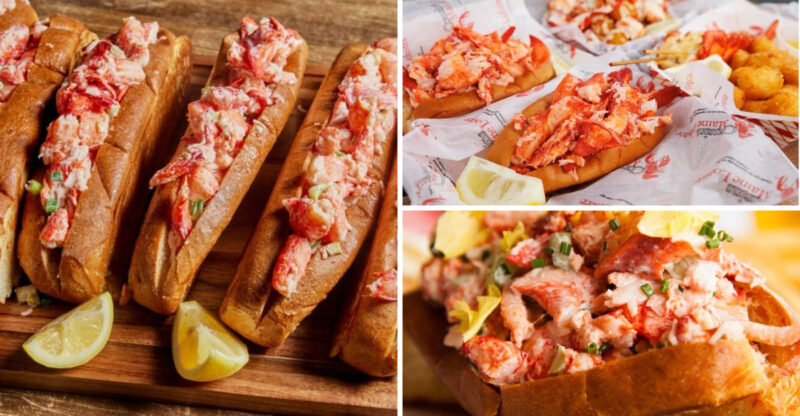16 Pennsylvania Pizzerias Famous For Their Timeless Old-School Flavor
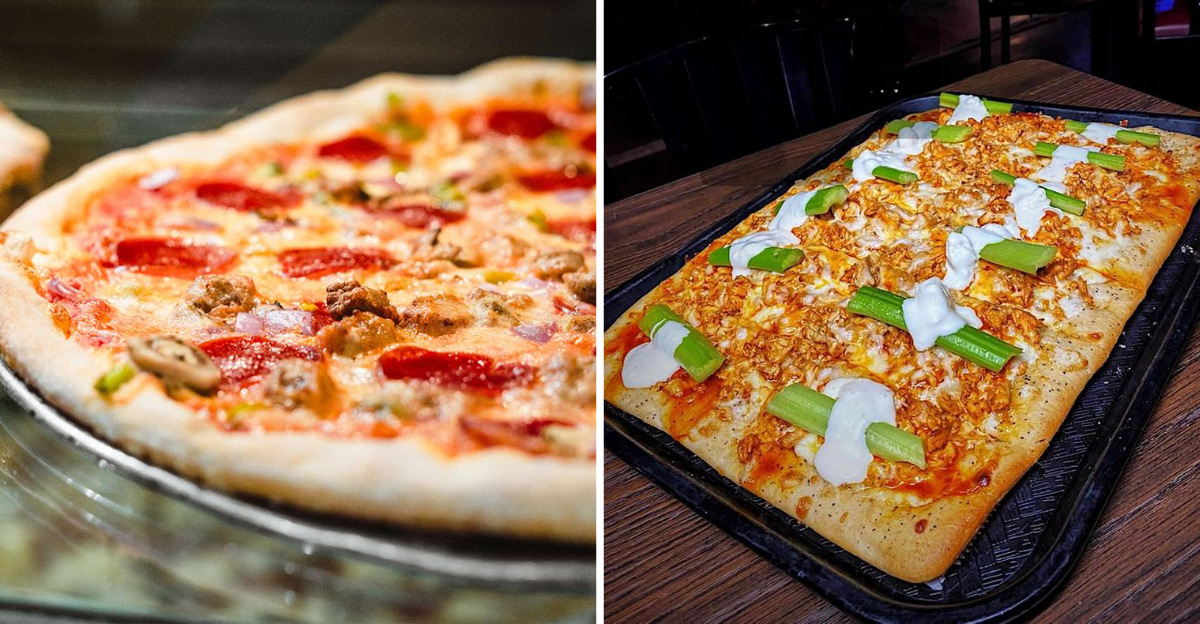
Pennsylvania has a pizza legacy that stretches back decades, with family-owned shops serving up pies that taste just like they did generations ago.
These aren’t trendy spots chasing the latest food fads they’re the real deal, where recipes have been passed down through families and ovens have been firing for over half a century.
From Philadelphia’s bustling streets to Pittsburgh’s cozy neighborhoods, I’m taking you on a delicious journey through the Keystone State’s most legendary pizza joints that still honor tradition with every slice.
1. Tacconelli’s Pizzeria
When you step into this Port Richmond gem, you’re walking into a piece of Philadelphia history that dates back to 1946. The thin-crust pizzas here come from a 73-year-old brick oven that has been cranking out perfection for longer than most of us have been alive.
Here’s something unique: you actually need to call ahead and reserve your dough because they only make a limited amount each day. This might sound inconvenient, but it’s actually a sign of their commitment to quality over quantity.
The crust achieves that perfect balance of crispy and chewy that modern pizzerias struggle to replicate. Every bite transports you back to a simpler time when pizza was made with care, not speed, and families gathered around checkered tablecloths to share a pie together.
2. Lorenzo & Sons
If you’ve ever wandered down South Street late at night, chances are you’ve seen the crowds spilling out of this legendary spot. The slices here aren’t just big they’re absolutely massive, literally larger than your face, and they’ve become a rite of passage for locals and visitors alike.
This place has mastered the art of the classic New York-style slice with a Pennsylvania twist. The cheese stretches for days, the sauce has just the right tang, and the crust holds up despite the generous toppings weighing it down.
Whether it’s 2 PM or 2 AM, Lorenzo’s delivers consistent quality that keeps people coming back decade after decade. It’s proof that sometimes the simplest approach great ingredients, huge portions, fair prices creates lasting success.
3. Arcaro & Genell
Old Forge proudly calls itself the Pizza Capital of the World, and this family restaurant has been upholding that title with serious dedication. Instead of round pies, they serve rectangular trays with a cheese blend you won’t find anywhere else and a crust that’s distinctively different from typical pizza styles.
The dough here is slightly thicker and airier than your standard pie, creating a texture that’s somehow both light and satisfying. They use a combination of white and yellow cheeses that creates a flavor profile unique to the Old Forge region.
Families have been gathering around these trays for generations, sharing stories and creating memories. It’s not just about eating pizza it’s about experiencing a culinary tradition that’s deeply rooted in this small Pennsylvania town’s identity and pride.
4. Mineo’s Pizza House
Since 1958, this Squirrel Hill institution has been serving Pittsburgh a style of pizza that locals swear by. The medium-thick crust strikes a perfect middle ground between thin and Sicilian styles, while the slightly sweet sauce sets it apart from more acidic varieties you’ll find elsewhere.
They don’t skimp on the cheese here each pie comes loaded with a generous layer that gets perfectly melted and slightly browned in spots. The sweetness in the sauce isn’t overpowering; it just balances the savory cheese and creates a flavor combination that keeps customers loyal for life.
Walking into Mineo’s feels like stepping into a time capsule where pizza was an art form, not fast food. The recipes haven’t changed because they got it right the first time around.
5. Beto’s Pizza
Are you ready for something completely different? Beto’s has perfected a technique that sounds strange until you taste it: they pile cold, shredded provolone cheese on top of piping hot Sicilian-style pizza fresh from the oven.
The contrast between the hot, crispy base and the cool, sharp provolone creates a temperature and texture experience unlike any other pizza you’ve tried. As the cold cheese begins to soften from the heat below, it creates this incredible melty-yet-fresh sensation that Pittsburgh residents have been obsessed with for decades.
This isn’t fusion cuisine or some trendy experiment it’s a time-honored tradition that Beto’s has been serving faithfully. Sometimes the most unusual combinations become classics precisely because they’re bold enough to break the rules and delicious enough to prove the risk was worth taking.
6. Santucci’s Original Square Pizza
How would you feel about flipping pizza construction completely upside down? Santucci’s pioneered the upside-down pizza technique, placing sauce on top of the cheese instead of underneath, creating a distinctive square pie that’s become a Philadelphia trademark.
This reversal isn’t just for show it actually changes how the pizza tastes and feels. The cheese gets incredibly caramelized against the dough, developing deep, nutty flavors, while the sauce stays bright and fresh on top since it’s not buried under toppings.
Each square piece offers a perfect ratio of components, with crispy edges that people literally fight over at family gatherings. Santucci’s proved that innovation doesn’t mean abandoning tradition it means respecting the fundamentals while having the courage to reimagine how they come together on your plate.
7. Pica’s Restaurant
It’s 1941, and Pica’s is already serving square pizzas with a twist that still confuses first-timers today: cheese under the sauce. This Upper Darby landmark has been doing things their own way for over eight decades, and their loyal customers wouldn’t have it any other way.
The cheese-first method means the mozzarella melts directly into the dough, creating an almost creamy layer, while the sauce sits bright and tangy on top. Each square cut reveals distinct layers that somehow taste better together than they would in traditional order.
Generations of families have celebrated birthdays, graduations, and ordinary Tuesdays at Pica’s, making it more than just a restaurant it’s a community cornerstone. When a place survives this long without changing its core recipe, you know they’re doing something profoundly right.
8. Maroni’s Pizza House
Though Scranton might be famous for its coal mining history and a certain TV show, locals know the real treasure is Maroni’s Pizza House. Since 1946, this family-owned spot has been serving rectangular trays with a slightly sweet sauce that’s become synonymous with Scranton-style pizza.
The sweetness in their sauce is subtle but distinctive, cutting through the richness of the cheese and creating a balanced flavor that keeps you reaching for another slice. They’ve perfected the rectangular tray format, ensuring every piece has that ideal crust-to-topping ratio.
What makes Maroni’s special isn’t just the pizza it’s the continuity of family ownership and the commitment to keeping things exactly as they were when Scranton was a booming industrial town. Walking in feels like visiting relatives who happen to make incredible pizza.
9. Corropolese Bakery & Deli
Did you know that Old Forge has its own distinct pizza style that differs from anywhere else in America? Corropolese has been a guardian of this tradition, serving up what locals call tomato pies rectangular creations with a thick, almost focaccia-like base.
The crust here is the star, with a texture that’s closer to bread than traditional pizza dough, providing a substantial foundation for the toppings. They go light on cheese compared to other styles, letting the quality of the tomato and the bread-like crust shine through.
This bakery approach to pizza reminds us that before pizza became fast food, it was something bakers crafted with the same care as their bread and pastries. When you bite into a Corropolese slice, you’re tasting a connection to Old World Italian baking traditions adapted by Pennsylvania coal miners’ families.
10. Pizza Joe’s
When Pizza Joe’s opened its doors in Western Pennsylvania, they created a regional style that locals fiercely defend against pizza snobs from bigger cities. The sweet sauce here isn’t an accident it’s a deliberate choice that reflects the preferences of the steel town families who made this place a success.
The cheese coverage is thorough and generous, stretching from edge to edge without any sad, bare crust spots. They’ve maintained consistency across decades, which is harder than it sounds when ingredient suppliers change and food trends come and go.
What I love about Pizza Joe’s is their unapologetic commitment to their style. They’re not trying to be New York or Chicago or Naples they’re proudly Western Pennsylvania, serving the pizza that generations of local families grew up loving and now share with their own kids.
11. Vocelli Pizza
Starting in Pittsburgh in 1988 might seem recent compared to some entries on this list, but Vocelli built their reputation on honoring old-school Italian pizza-making techniques. They hand-toss their dough and use recipes that prioritize authentic flavors over shortcuts and cost-cutting measures.
The commitment to quality ingredients shows in every bite fresh vegetables, real cheese, and sauce made from actual tomatoes, not concentrate. While they’ve expanded beyond their original location, they’ve managed to maintain the standards that made that first Pittsburgh shop successful.
Sometimes old-school isn’t just about being the oldest it’s about respecting traditional methods even when modern shortcuts are available. Vocelli proves that you can grow a business without sacrificing the principles that made customers fall in love with your pizza in the first place.
12. Aiello’s Pizza
If you ask Pittsburgh natives about their pizza loyalties, Aiello’s will come up in the conversation within seconds. They’ve been serving the city since 1978 with a style that’s distinctly Pittsburgh square cut pieces, provolone cheese, and a crust that achieves the perfect chew.
The square cut method isn’t just about presentation; it creates more corner pieces with extra crust, which Pittsburghers consider prime real estate on a pizza. Their use of provolone instead of or alongside mozzarella gives the pizza a sharper, more complex flavor profile.
What keeps customers coming back isn’t novelty it’s reliability. When you order from Aiello’s, you know exactly what you’re getting, and that consistency across decades is what transforms a good pizzeria into a neighborhood institution that people trust with their celebrations and comfort food cravings.
13. Mama’s Pizza
Where would Pennsylvania pizza be without the countless family operations like Mama’s that have anchored neighborhoods for generations? These aren’t corporate chains following standardized recipes they’re families pouring their heritage and pride into every pie they send out the door.
Mama’s represents the hundreds of small pizzerias across Pennsylvania where recipes came from actual Italian grandmothers who immigrated to America and adapted their cooking to available ingredients. The sauce is made from a family recipe that’s been tweaked and perfected over decades of customer feedback.
The dough is made fresh daily because that’s how Mama did it, and nobody’s about to change her methods. When you support places like this, you’re not just buying dinner you’re helping preserve culinary traditions and keeping family businesses alive in an era of consolidation and homogenization.
14. Revello’s Pizza
Are you familiar with Old Forge white pizza? Revello’s has been perfecting this regional specialty, which skips the tomato sauce entirely and focuses on a beautiful blend of cheeses, often topped with onions that caramelize during baking.
The absence of sauce lets you really appreciate the quality of the cheese and the texture of the crust in ways that traditional red pizza doesn’t allow. The onions add sweetness and depth without overwhelming the delicate cheese flavors underneath.
This style emerged from the coal mining communities of Northeastern Pennsylvania, where Italian immigrants created their own pizza traditions distinct from New York or Philadelphia. Revello’s has kept this tradition alive, serving trays that would make those original pizza makers proud while introducing new generations to a style they might never encounter outside this specific region of Pennsylvania.
15. Slice on Broadway
Though the name suggests New York influence, this spot has been serving Pittsburgh with dedication to the classic slice model that makes pizza accessible and delicious. The by-the-slice approach means you can grab a quick lunch without committing to a whole pie.
They keep slices under heat lamps ready for the lunch rush, but they’re constantly rotating fresh pies from the oven so you’re never eating something that’s been sitting too long. The crust maintains that essential balance crispy enough to hold toppings but flexible enough to fold.
What makes this place old-school isn’t necessarily its age but its commitment to the traditional slice shop model that’s been disappearing as dining trends shift toward fast-casual and delivery. Standing at the counter, grabbing a slice and a soda, eating over a paper plate that’s a pizza experience worth preserving.
16. Napoli Pizza
When Italian immigrants brought pizza to Pennsylvania, they carried memories of pizzas from their homeland simple, ingredient-focused creations that let quality shine through. Napoli Pizza honors those roots by keeping things straightforward and authentic.
The menu here doesn’t overwhelm with dozens of exotic topping combinations. Instead, they focus on executing the classics perfectly margherita, marinara, and a few traditional variations that have stood the test of time.
Their crust shows the characteristic char spots from high-heat cooking, and they don’t overload pies with toppings that would weigh down the dough. This restraint is actually what makes the pizza memorable you taste the quality of each component rather than a muddled mess of competing flavors. Sometimes honoring old-school traditions means knowing when to say no to trends and yes to timeless simplicity.

